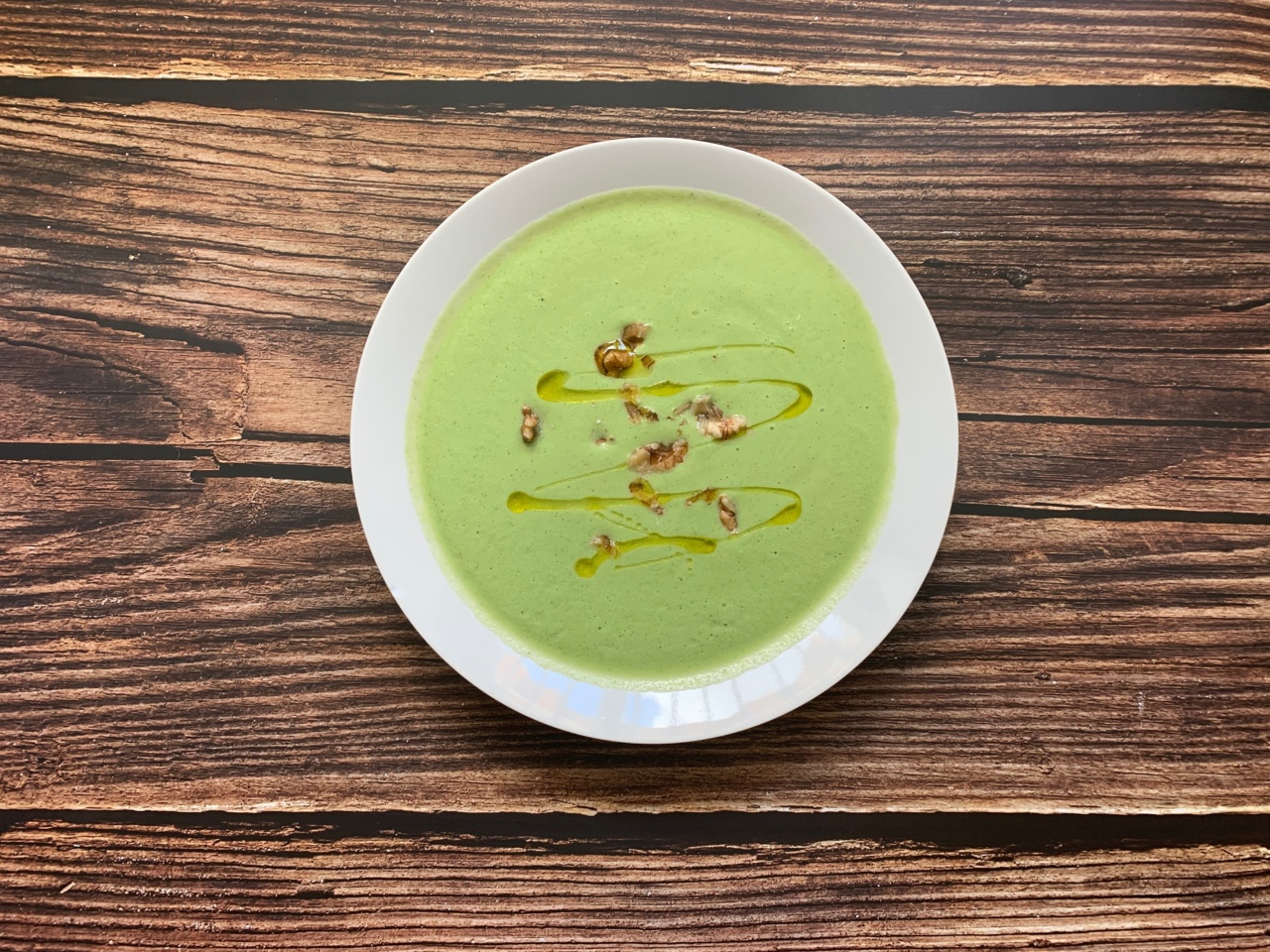Our brain is the most vital part of our body, responsible for various cognitive functions such as memory, attention, and decision-making.
As we age, our brain undergoes changes, leading to cognitive decline and increased risk of developing neurological disorders such as dementia. However, several dietary and lifestyle interventions have been found to maintain brain health and delay cognitive decline.
Fish – A Brain-Boosting Food
Fish is a nutrient-dense food rich in omega-3 fatty acids, which have been linked to numerous health benefits, including brain health. Omega-3s are essential fatty acids that cannot be synthesized by the body and must be obtained through the diet.
The brain is particularly rich in omega-3 fatty acids, with studies suggesting that adequate levels of omega-3s may improve brain function and lower the risk of neurological disorders.
Several types of fish are rich in omega-3s, such as salmon, sardines, tuna, and mackerel. Including at least two servings of fish per week in your diet can provide the omega-3 fatty acids necessary for brain health.
Moreover, fish is a low-fat source of protein, making it a healthy addition to any diet.
Nuts – A Nutritious Brain Snack
Nuts are a nutrient-dense snack that contains an array of brain-boosting nutrients such as healthy fats, vitamin E, and antioxidants.
Various studies have found that nuts consumption is associated with better cognitive function and reduced risk of neurodegenerative diseases.
Almonds, walnuts, and cashews are some of the nuts that contribute to brain health. These nuts contain monounsaturated fats that help to reduce inflammation and improve blood flow in the brain.
Furthermore, nuts are easy to incorporate into your diet and make for a healthy snack.
Olive Oil – A Heart-Healthy Fat for the Brain
Olive oil is a healthy source of mono and polyunsaturated fats.
These fats are necessary for maintaining brain function, and studies have found that they can improve cognitive function and have a protective effect against cognitive decline and neurodegeneration.
Olive oil can be used in cooking, drizzled over salads or vegetables, or used as a dip for bread. However, it is essential to choose extra virgin olive oil, which is less processed and contains higher levels of nutrients.
Additionally, olive oil is an anti-inflammatory food that can improve cardiovascular health, thus benefiting the brain indirectly too.
Fatty Fish, Nuts, and Olive Oil – Excellent Combinations for Brain Health
Combining several brain-boosting foods can create an array of health benefits for the brain.
For example, a meal consisting of grilled salmon with a side of roasted walnuts and drizzled with olive oil can provide a nutritious, flavorful, and brain-healthy meal.
Moreover, incorporating various other brain-boosting foods such as leafy green vegetables, blueberries, and dark chocolate can further enhance brain function and maintain cognitive health.
A balanced and varied diet consisting of whole, nutrient-dense foods is the best approach to nourishing the brain and supporting cognitive health.
The Bottom Line
Dietary interventions can have a significant impact on brain health and cognitive decline.
Incorporating foods rich in omega-3 fatty acids such as fatty fish, nuts, and olive oil, can support brain health and reduce the risk of developing neurodegenerative diseases. A diet that emphasizes whole, nutrient-dense foods is essential for maintaining brain health and cognitive function as you age.





























